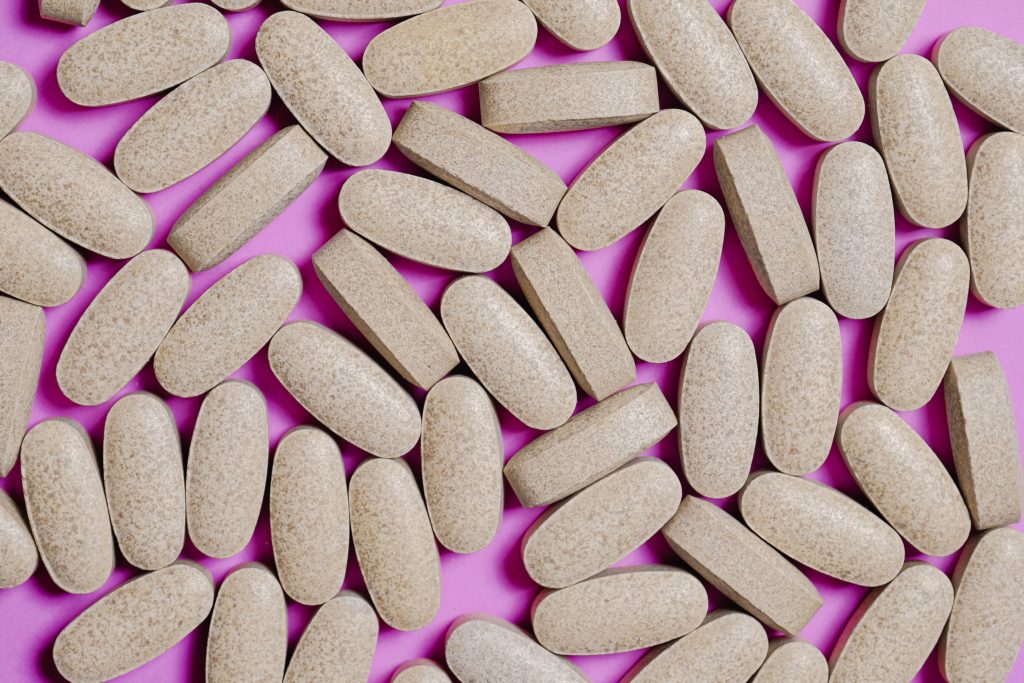
Ecstasy
Don’t let ecstasy steal your joy. Addiction treatment can help you rediscover what truly brings you happiness.

Don’t let ecstasy steal your joy. Addiction treatment can help you rediscover what truly brings you happiness.
3,4-Methylenedioxymethamphetamine, or MDMA — known as ecstasy, E or molly — was first developed in the 1970s. This synthetic substance was created by pharmaceutical company Merck as a supplement to therapy. However, as the drug made its way into the club scene in the 1980s, ecstasy became increasingly popular as a party drug, particularly where there was music, dancing and social activity.
Ecstasy is unique in that it retains the properties of both a stimulant and a hallucinogen. Prompting the brain to secrete a flood of “feel good” chemicals, ecstasy lives up to its name by creating feelings of connection and empathy. It also generates a body high that involves visual distortions and magnifies the sense of touch.
While ecstasy is usually found as a tablet or capsule, it also exists as a powder or liquid. It’s not unusual for it to be cut with impurities, including fillers like cornstarch or with other drugs. In fact, what is sold as ecstasy often contains cheaper drugs, such as meth or bath salts. Ecstasy may contain a variety of other substances — some active, some inert. Because it’s difficult to know what ingredients are involved, at what potency, and at what quantity, overdose remains a very real possibility.
In addition to the various adulterants already in most street doses of MDMA, some people also choose to combine it with other substances, such as depressants like alcohol and benzodiazepines. Others make the most of ecstasy’s identity as a stimulant, pairing it with drugs like cocaine and meth. Other people use ecstasy along with LSD to enhance both drugs’ hallucinogenic qualities. Combining ecstasy with other substances can be extremely dangerous, as it can mask the psychoactive effects and increase the risk of accidental overdose.
Ecstasy creates its namesake high by causing the brain to release large amounts of serotonin, dopamine and norepinephrine. In addition to the sense of euphoria, side effects regularly include nausea and vomiting, uncontrollable teeth clenching and teeth grinding, muscle cramps, chills and blurred vision.
The high from ecstasy wears off in just a few hours, so users may take subsequent doses to maintain the feeling of euphoria. When ecstasy does wear off, the withdrawal symptoms can be decidedly unpleasant, including fatigue, sleep problems, depression, concentration problems, low libido, irritability, anxiety and even aggression.
Used repeatedly and over time, ecstasy diminishes the brain’s capacity to create dopamine, serotonin, and norepinephrine on its own. It can also permanently damage brain pathways that deal with mood.

There is still considerable debate as to whether or not ecstasy creates physical addiction. It does, however, cause a powerful psychological dependence, and can lead to behavioral health issues. Regular use of ecstasy can permanently damage neurotransmitters and exacerbate anxiety disorders.
Over time, it can also cause a wide variety of problems, including panic attacks, mood disorders, confusion, depression, severe anxiety, chronic insomnia, memory loss and acute paranoia.
At Niznik Behavioral Health, we’re aware that ecstasy might not be as addictive as other substances, but its damaging effects on the brain and behavior can be profound. If you’re struggling with dependence on ecstasy and its aftermath, we can help you heal. Working together, we’ll create an individualized recovery plan that seeks to identify and address the source of your substance use disorder, along with any co-occurring mental health conditions.
By combining therapy, wellness, and (if necessary) medication, Niznik Behavioral Health addiction treatment facilities can help you achieve balance, serenity, and health. Give us a call today, and we’ll help you get started.
By submitting this form you agree to the terms of use and privacy policy of the website. We respect your privacy. By sharing your phone number, you agree to receive texts from us – including details about your benefits. Message and data rates may apply. Sharing this information is not a condition of treatment.